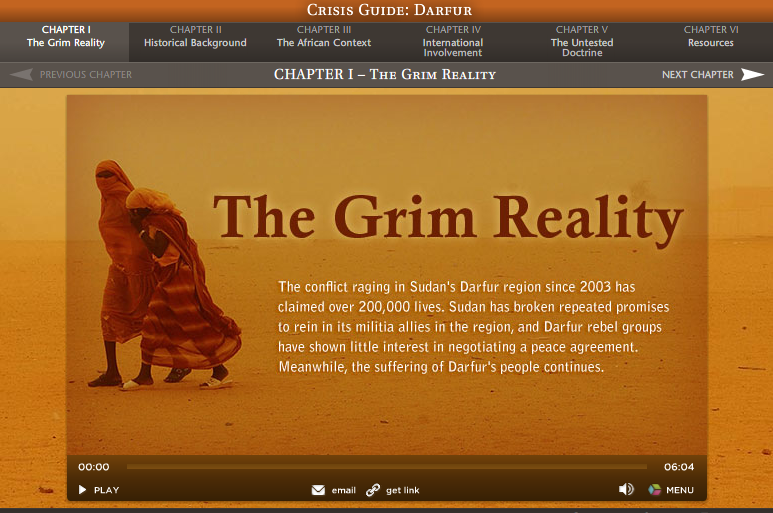AS/COA Online - Brazil Sets Climate Change Bull's-Eye
/  |
| Presidents Sarkozy (L) and Lula agreed on a proposal they dubbed a "climate bible." (Photo: Ricardo Stuckert/PR) |
During a trip to France, Brazilian President Luiz Inácio Lula da Silva set a standard for next month’s UN climate change conference in Copenhagen. During a press conference with his French counterpart Nikolas Sarkozy, the two leaders agreed on a plan that calls for reducing global carbon emissions to 50 percent of 1990 levels over the course of the next four decades. The proposal also suggests that, by 2050, industrialized nations should decrease emissions to 80 percent of 1990 rates. The presidents labeled the plan a “climate bible” and it came just after Brazil announced a sharp drop in deforestation rates. Still, when the Copenhagen summit rolls around, bold plans could give way to a scaled-back agreement.

